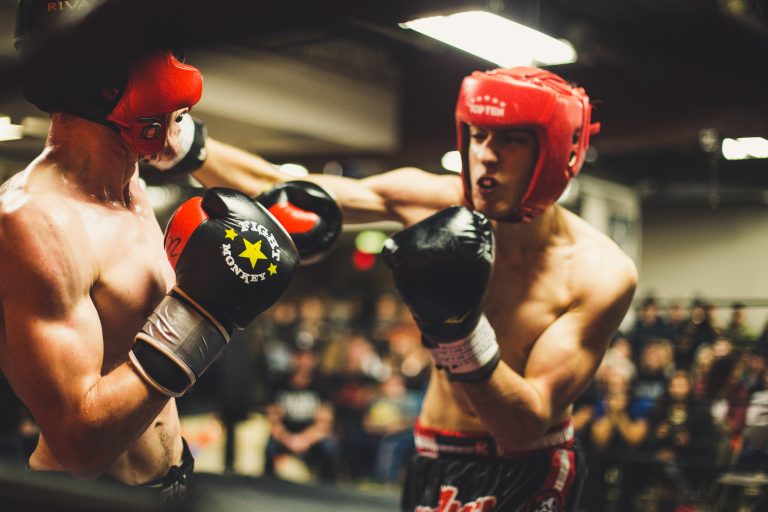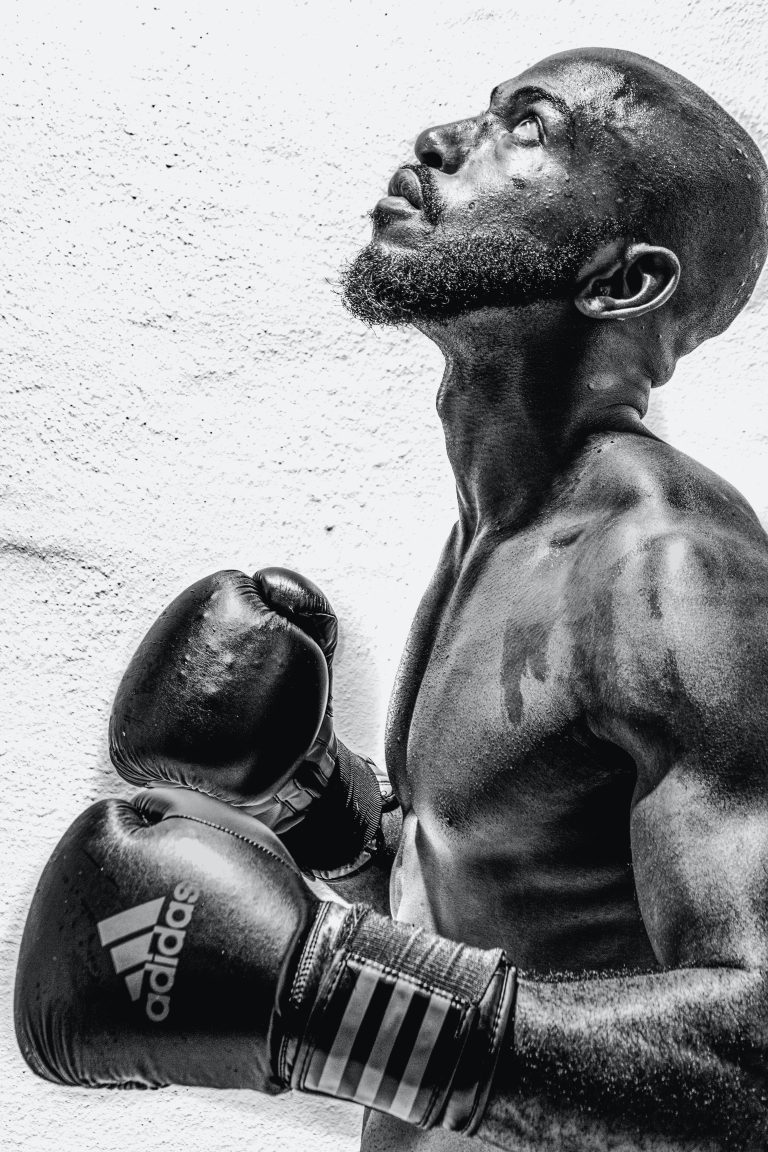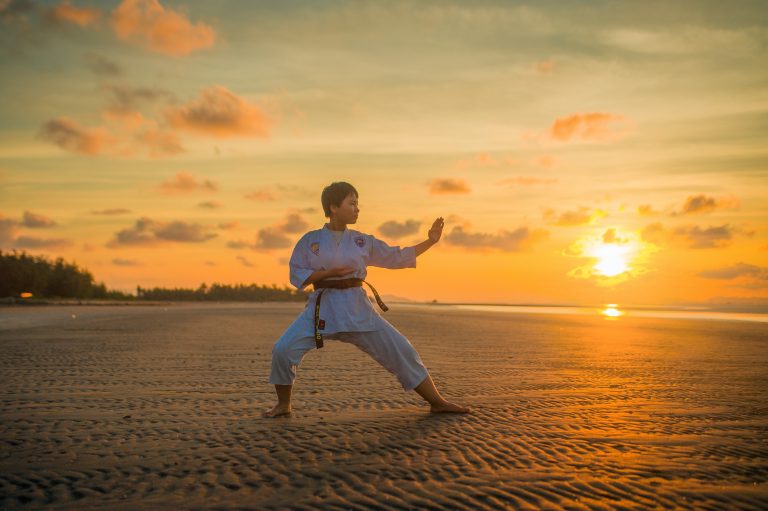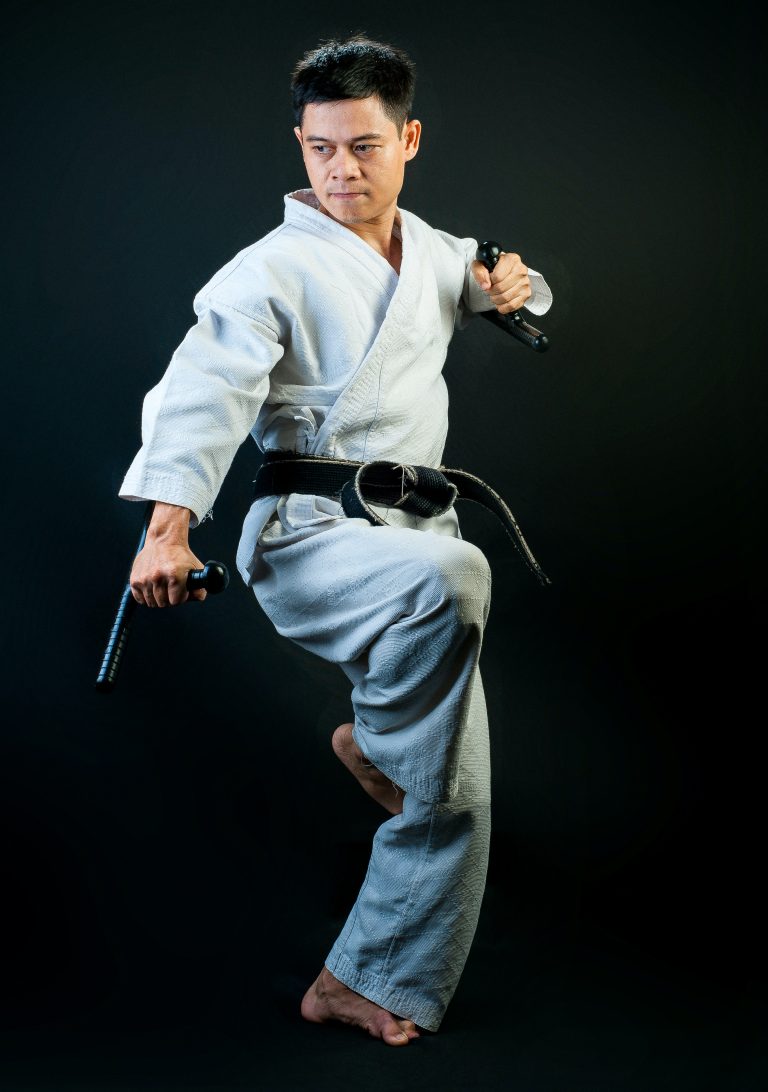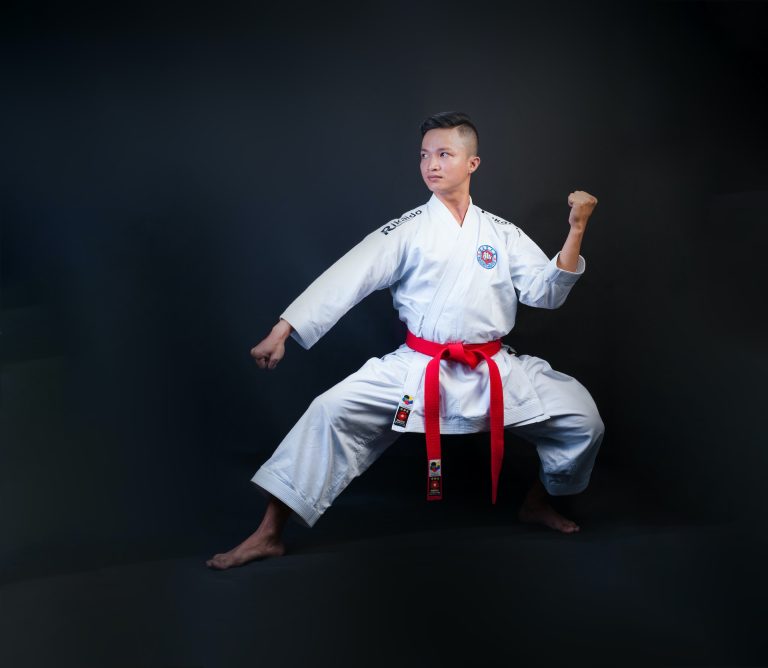Is Shotokan Karate Good for Self Defense?
When it comes to martial arts, one of the most popular styles is Shotokan karate. Shotokan is a traditional Japanese martial art that was developed in the early 20th century by Master Gichin Funakoshi. Shotokan karate is known for its long, deep stances, powerful strikes, and quick movements.
But is Shotokan karate a good choice for self-defense? In this blog post, we’ll take a closer look at Shotokan karate and explore its effectiveness in real-world self-defense situations.
What is Shotokan Karate?
Shotokan karate is a style of karate that was developed in Japan in the 1930s. It is a striking-based martial art that uses punches, kicks, elbows, and knee strikes to disable an attacker. Shotokan karate is also known for its use of katas (forms) and kumite (sparring) as training methods.
One of the distinguishing features of Shotokan karate is its focus on technique and precision. Practitioners of Shotokan karate strive to perfect their movements and techniques, believing that this will lead to more effective and efficient self-defense skills.
Is Shotokan Karate Effective for Self Defense?
The effectiveness of any martial art for self-defense depends on several factors, including the skill and experience of the practitioner, the situation, and the attacker’s skill and size. With that said, there are some characteristics of Shotokan karate that make it a good choice for self-defense.
First, Shotokan karate places a strong emphasis on basics. Practitioners of Shotokan karate spend a lot of time perfecting their strikes, blocks, and kicks. This focus on the fundamentals can make Shotokan karate effective for self-defense because it provides a solid foundation for more advanced techniques.
Second, Shotokan karate is known for its powerful strikes. The punches and kicks in Shotokan karate are designed to inflict maximum damage on an attacker, allowing the practitioner to end a conflict quickly and decisively.
Third, Shotokan karate utilizes sparring as a training method. Sparring can help practitioners of Shotokan karate develop their reflexes and timing, as well as their ability to read an opponent’s movements. This can be crucial in a self-defense situation where split-second reactions and decisions can make all the difference.
Finally, Shotokan karate places a strong emphasis on mental discipline and focus. Practitioners of Shotokan karate are taught to remain calm and focused under pressure, a valuable skill in any self-defense situation.
Limitations of Shotokan Karate for Self Defense
While Shotokan karate can be an effective choice for self-defense, it is not without its limitations. One of the main limitations of Shotokan karate for self-defense is its lack of grappling techniques. Shotokan karate focuses primarily on striking techniques, which can be less effective in close quarters or on the ground.
Another limitation of Shotokan karate for self-defense is its reliance on pre-set techniques and katas. While these techniques can be effective in training, they can be less effective in real-world situations where the attacker may not behave in a predictable manner.
Finally, like any martial art, the effectiveness of Shotokan karate for self-defense depends on the skill and experience of the practitioner. A beginner in Shotokan karate may not be as effective in a self-defense situation as a more experienced practitioner.
Is Shotokan Karate Good for Self Defense?
When it comes to martial arts for self-defense, Shotokan Karate is a legitimate option for many people. The effectiveness of Shotokan Karate for self-defense depends on various factors like the instructor, the dojo’s training methodologies, the practitioner’s physical abilities, and more. In this article, we answer some of the most frequently asked questions about Shotokan Karate and its effectiveness for self-defense.
What is Shotokan Karate?
Shotokan Karate is a martial art that originated in Japan, and it is characterized by its dynamic kicks, punches, and blocks. It is a traditional style of Karate that focuses on linear movements and powerful strikes. Shotokan Karate is not just an efficient fighting style but also an art that instills discipline, focus, and respect in its practitioners.
Can Shotokan Karate be Used for Self Defense?
Yes, Shotokan Karate can be used for self-defense purposes. The techniques and tactics taught in Shotokan Karate are practical and effective for real-life situations. However, the effectiveness of Shotokan Karate for self-defense depends on various factors like training intensity, frequency, and the instructor’s teaching methodology. Also, the physical abilities and experience of the practitioner play a crucial role in real-life scenarios.
What Self Defense Techniques are Taught in Shotokan Karate?
Shotokan Karate places great emphasis on strikes, punches, kicks, and blocks. The techniques taught in Shotokan Karate include but are not limited to:
- Basic strikes like punches, hammer fists, and knife hands
- Kicks like front kicks, roundhouse kicks, and sidekicks
- Blocks like rising blocks, downward blocks, and outward blocks
- Throws and Joint locks
- Defence against grabs and chokes
What are the Benefits of Learning Shotokan Karate for Self Defense?
Learning Shotokan Karate can offer several benefits in terms of self-defense. Here are some benefits:
- Teaches practical self-defense techniques that are efficient and effective.
- Develops the ability to respond to dangerous situations quickly and confidently.
- Teaches proper breathing and posture to improve overall physical health.
- Instills discipline, focus, and confidence that can be applied to various aspects of life, not just self-defense.
What are the Downsides of Learning Shotokan Karate for Self Defense?
Like any other martial art, Shotokan Karate has its limitations when it comes to self-defense. Here are some of the downsides to consider:
- Shotokan Karate primarily focuses on stand-up fighting and may not be effective against multiple attackers or ground fighting situations.
- Shotokan Karate tournaments are often point-based, which means the emphasis is on scoring points rather than knocking out the opponent. Hence, the techniques taught in Shotokan Karate may not be suitable for real-life scenarios.
- It may take a long time to become proficient in Shotokan Karate and acquire the skills needed for self-defense.
Final Thoughts
Shotokan Karate is a legitimate martial art that can be used for self-defense. However, its effectiveness depends on various factors like the instructor, the practitioner’s physical abilities, and the dojo’s training methodologies. Shotokan Karate offers several benefits in terms of self-defense and overall physical health, but it also has its limitations. Ultimately, it’s essential to choose a martial art that suits your goals and needs, and to train consistently to achieve proficiency.
Is Shotokan Karate Good for Self Defense? A Comprehensive Guide
If you are looking for a martial art that is effective for self defense, you might have come across Shotokan Karate. But is it actually good for self defense? In this guide, we will discuss everything you need to know about Shotokan Karate and its effectiveness for self defense.
What is Shotokan Karate?
Shotokan Karate is a traditional Japanese martial art that was founded by Gichin Funakoshi in the early 20th century. It is characterized by its straight, powerful techniques and strong stances. Shotokan Karate also emphasizes the development of the character and spirit of the practitioner, not just physical ability.
Is Shotokan Karate Effective for Self Defense?
Yes, Shotokan Karate can be effective for self defense when used correctly. However, like any martial art, it depends on the skill level of the practitioner and how they apply their training in real-life situations. Shotokan Karate does teach practical techniques for self defense, such as strikes, kicks, throws, and joint locks. It also includes training in sparring and Kumite (fighting).
How Does Shotokan Karate Prepare You for Self Defense?
Shotokan Karate training prepares practitioners for self defense by teaching them practical techniques and training them to develop speed, power, and accuracy. Shotokan Karate also places great emphasis on Kihon (basic techniques), Kata (forms), and Kumite (sparring) to develop technique, timing, and reflexes.
Additionally, Shotokan Karate training includes mental preparation for self defense situations. This includes developing the situational awareness, focus, and confidence required to effectively defend oneself in a real-life scenario.
What Are the Advantages of Shotokan Karate for Self Defense?
One of the main advantages of Shotokan Karate for self defense is its focus on practical techniques. Shotokan Karate practitioners learn effective striking and kicking techniques that can be applied in self defense situations.
In addition, Shotokan Karate training includes Kumite which allows students to practice techniques in a realistic scenario. This helps students become comfortable with reacting to an opponent and defending themselves.
Another advantage of Shotokan Karate is its emphasis on discipline and character development. Practitioners of Shotokan Karate learn to remain calm and focused under pressure, which is a valuable trait in any self defense situation.
What Are the Limitations of Shotokan Karate for Self Defense?
One limitation of Shotokan Karate for self defense is its focus on striking and kicking techniques. While these techniques are effective, they may not be sufficient for certain self defense scenarios.
Additionally, Shotokan Karate training includes a lot of structured, pre-determined techniques in Kata. This may not prepare students for unpredictable situations where they need to improvise.
Finally, like any martial art, Shotokan Karate takes time and dedication to master. It is not a quick fix solution for self defense.
Conclusion
In conclusion, Shotokan Karate can be an effective martial art for self defense, but its effectiveness depends on the skill level of the practitioner and how they apply their training in real-life situations. Shotokan Karate training emphasizes practical techniques and mental preparation, which can be valuable in self defense situations. However, it is important to recognize the limitations of Shotokan Karate and supplement training with other self defense techniques if necessary.
Inhaltsverzeichnis


